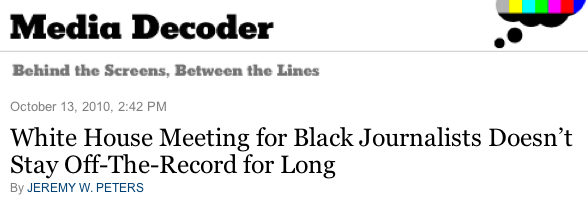What if an employer would prefer a male for a job opening because every once in great while, something somewhat heavy or clunky has to be moved and the employer feels more comfortable having a man do it? In the past, the employer would have to weigh that relatively trivial situation against the fact that men were being paid more than women. An employer might say to themselves, I'd rather hire a woman at lower pay than pay more for a man just so that man can lift a heavy box or do some other heavy lifting once a month.
So the new problem could become, if all things are now equal, the man may suddenly have an advantage over a relatively trivial issue. If the employer MUST pay everyone the same, then why not hire the male and get the advantage of having a heavy lifter available in a pinch?
I would have handled the equal pay issue in a different manner. I would have first closed the gap to no more than an initial 10% difference in pay. This in itself is an immediate victory for woman as the pay gap was significantly larger than 10%, perhaps as high as 22%. This 10% difference could only be in place for 3 months, after three months the pay rate would then have to equalize.
Additionally, I would make it illegal for all the men to be paid more than the highest paid woman. So if there were 10 employees, it would be illegal for the five women to be the five lowest paid positions. These ideas would make the pay differences so much closer than it currently is, while also not necessarily giving a male any preference because of perceived greater strength.
Assuming the Lilly LedBetter law actually influences or forces employers to pay their employees equally, (and I'm not sure the initial hype accurately depicted what this law is about), Equal pay may subliminally encourage an employer, all things being equal, to hire a man instead of a woman.
Steve Bannon and Jeffrey Epstein
23 minutes ago

























































